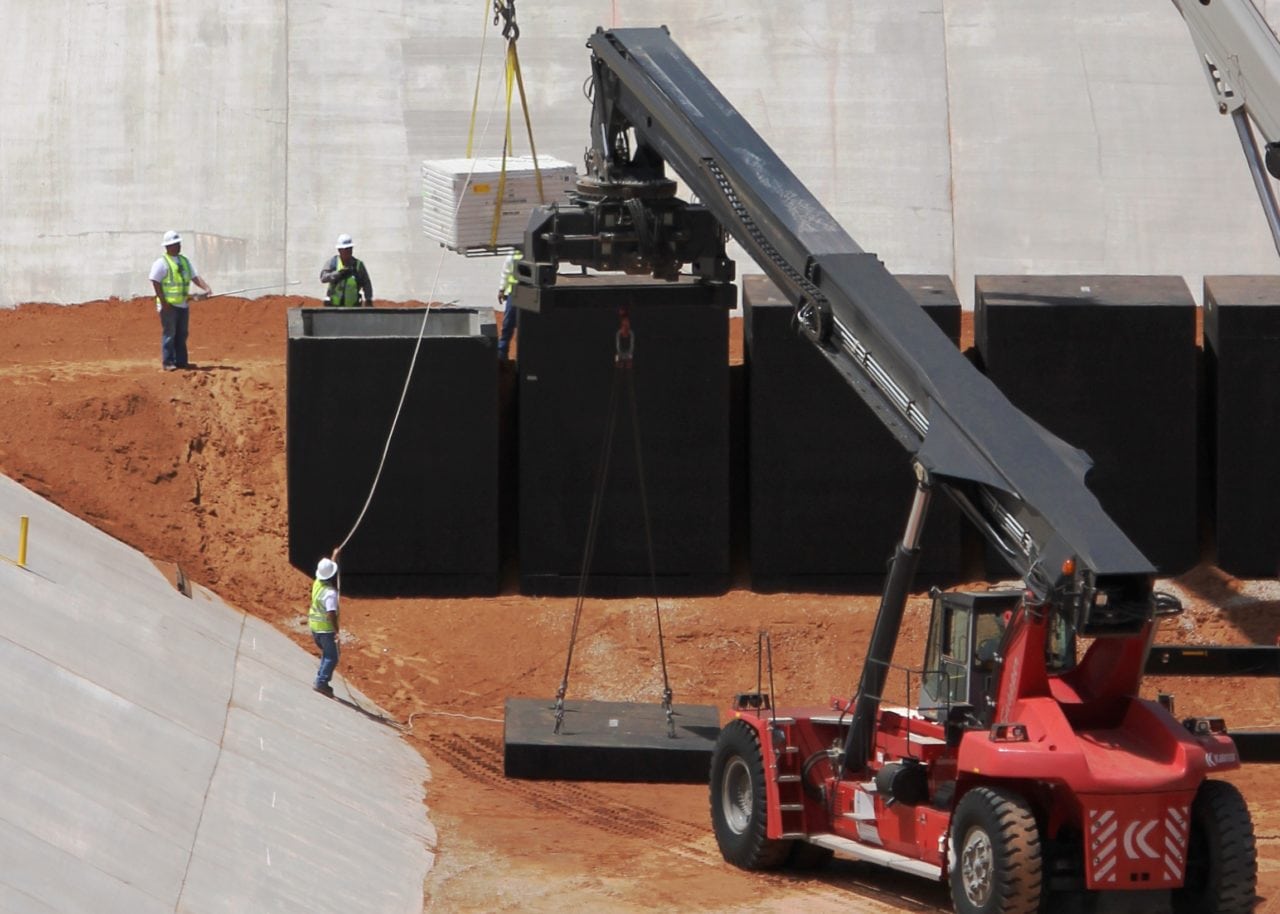
By Wayne Barber
Executives at two U.S. radioactive waste disposal companies said this week they aren’t worried that the Energy Department is taking longer than initially anticipated to report to Congress on plans for disposal of Greater Than Class C (GTCC) waste.
In…